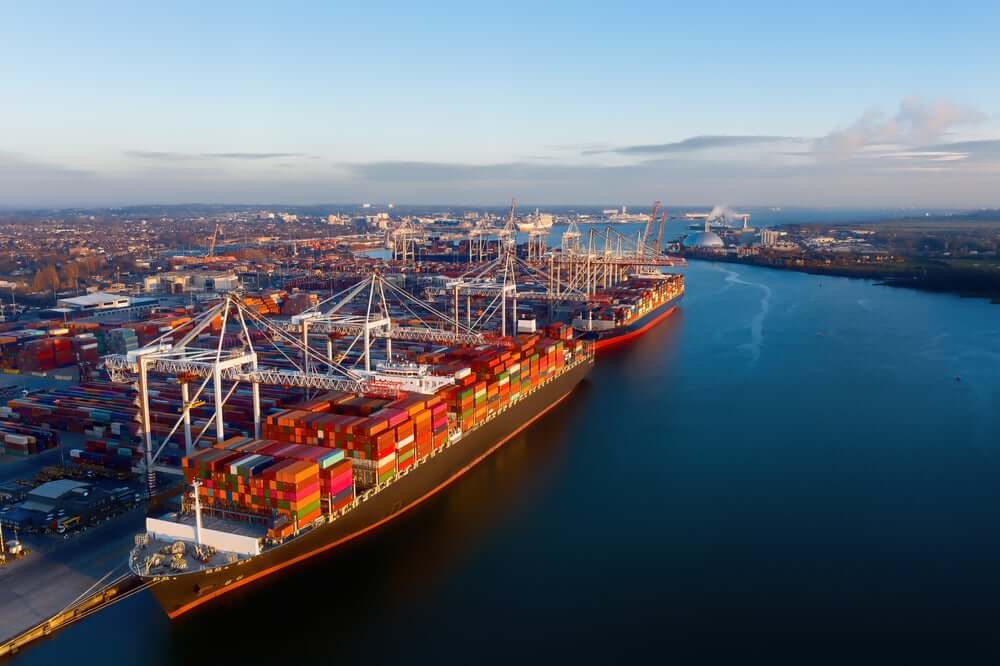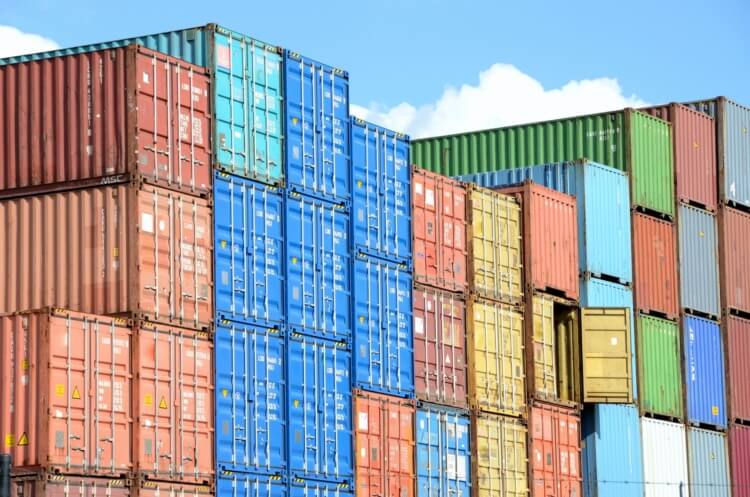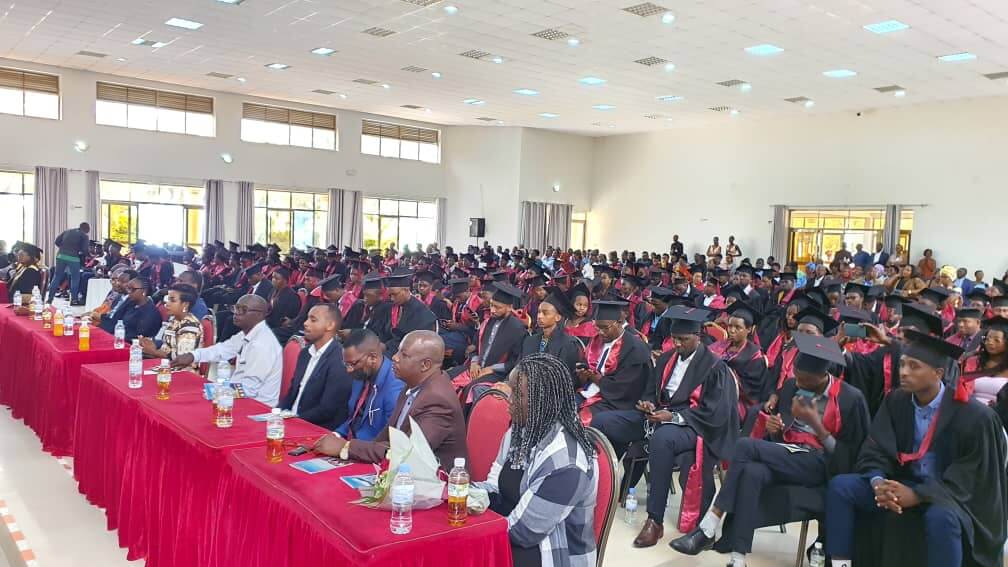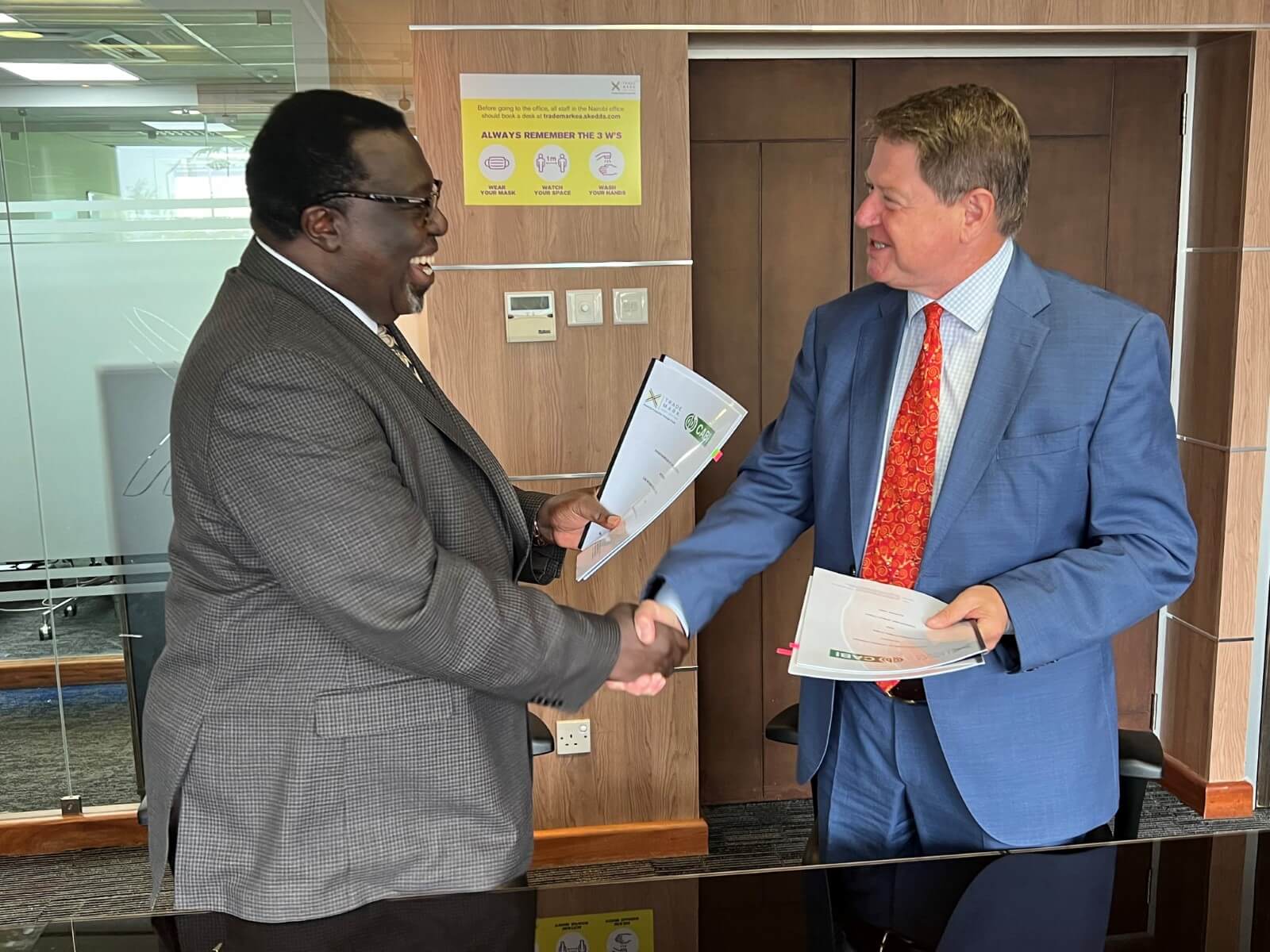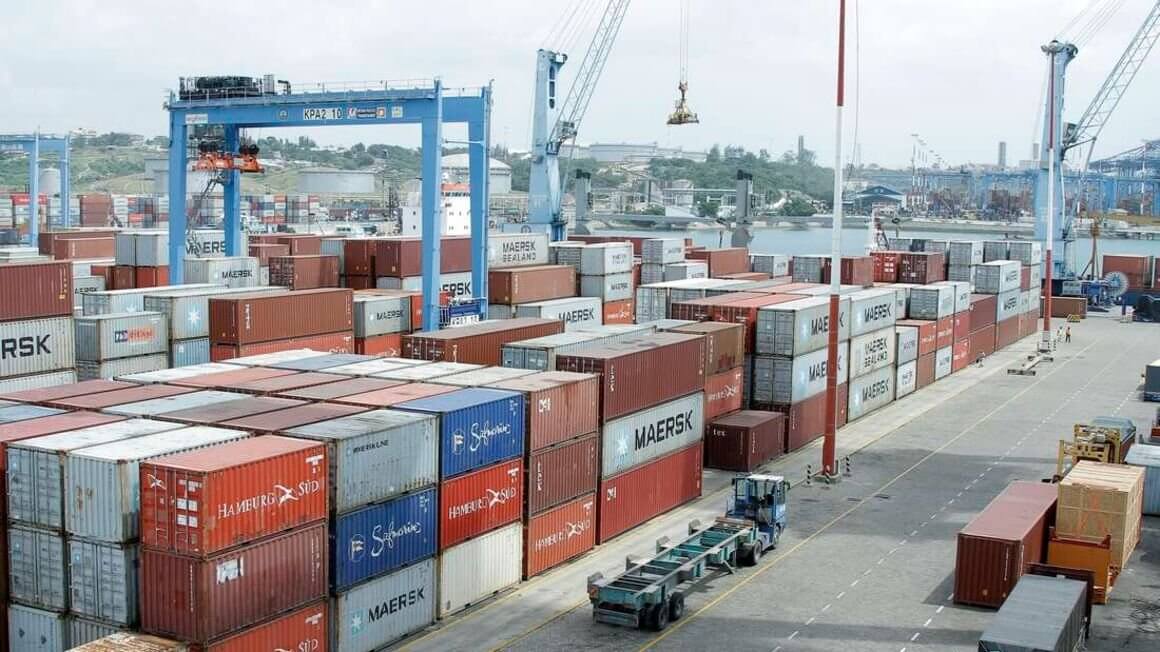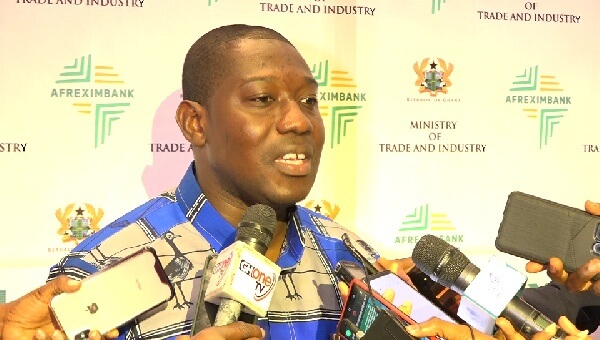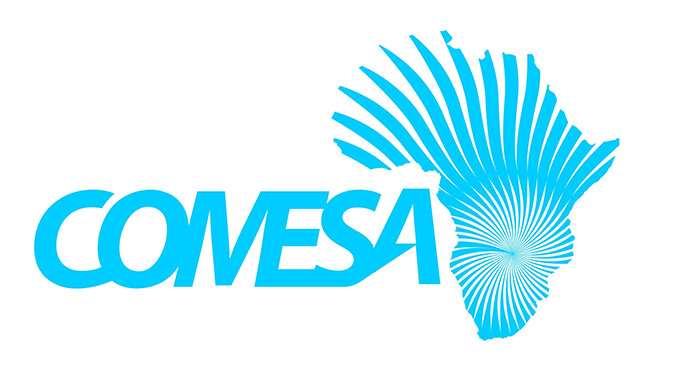Laden with roses and carnations, the plane will land at Stansted in the next three weeks. Grown for months in vast, humming greenhouses in the dull heat of Kenya’s Rift Valley, the flowers were unearthed, dusted off, wrapped and dispatched for export to the UK earlier this month. While the process might seem plus ça change for the growers, for British and Kenyan customs officials, these bouquets are the future of trade – one of the first examples of a consignment of goods exported to the UK almost entirely using electronic documentation. The exercise forms part of a much larger trial testing the viability of an entirely digital model for trading practices. Organised by the Institute of Exports & International Trade (IOE&IT) in collaboration with TradeMark Africa, the Trade Logistics Information Pipeline (TLIP) initiative is one of a series of government-sponsored pilots that aim to demonstrate the feasibility of capturing all necessary data about a container for the importing nation’s customs officials before it even leaves its country of origin. If successful, this ‘Ecosystem of Trust’ could provide a blueprint for avoiding the endless form-filling that accompanies international trade – a headache that has grown increasingly painful for UK exporters since Brexit. Nowhere is this more in evidence than in the export of foodstuffs from the UK to the EU, where Brexit has created new pressures on companies of all sizes to accede to strict regulations from Brussels on documentation. Marco Forgione recalls a recent case of a large supermarket chain seeming to move a shipping...
The UK has a grand plan to digitise trade. It might just work
Posted on: September 26, 2022
Posted on: September 26, 2022

